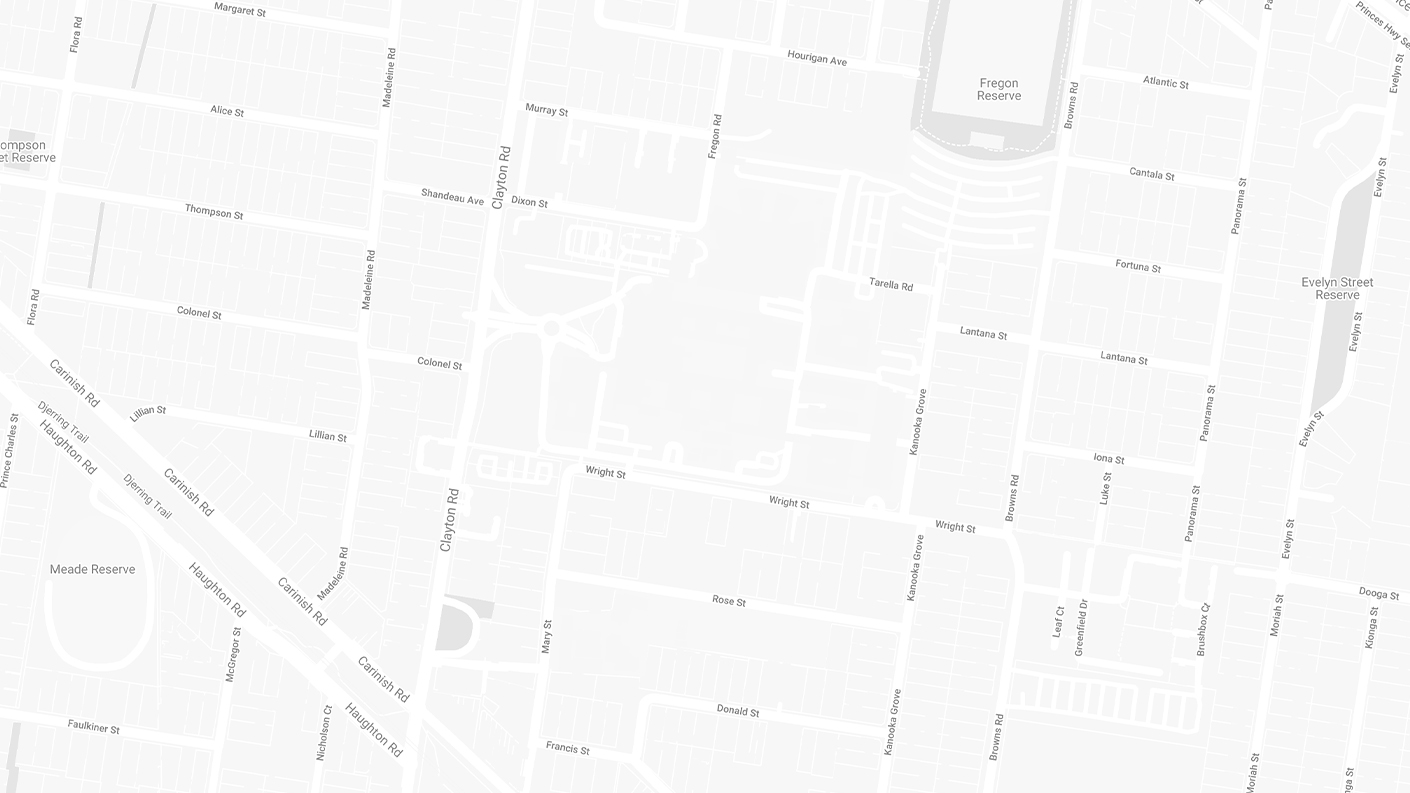
The thyroid gland helps to regulate the metabolism as well as a number of other bodily functions.
The thyroid plays an important role in regulating metabolism. Located in the neck, it helps to maintain a number of the body’s processes, including temperature, blood pressure, and heart rate. The thyroid also produces hormones that regulate how your body uses energy. These hormones include thyroxine (T4) and triiodothyronine (T3). When the thyroid does not function as it should, a number of problems can occur — these include symptoms like weight changes, fatigue, dry skin and hair loss among others. Read on to find out more about what the thyroid gland does and what issues can develop when it is not working properly…
What is the thyroid?
The thyroid is a small gland that is located at the front of the neck. Butterfly-shaped and around five centimetres in size, the gland is responsible for controlling one’s metabolism. The thyroid gland forms part of the endocrine system, which produces the hormones that regulate a number of the body’s processes and functions.
How does the thyroid work?
The thyroid gland produces two hormones, which play a role in regulating the metabolism. The hormones, known as T3 and T4, are released into the bloodstream and move through the body. These hormones can have an impact on bodily functions like heart rate, breathing, weight gain and loss, body temperature, and cholesterol levels.
The pituitary gland works with the thyroid in determining how much of these hormones are required by the body.
What happens when the thyroid doesn’t work?
In some cases, the thyroid can produce too much or too little of the necessary hormones, which may lead to a range of health issues. Some of the most common thyroid-related problems include hypothyroidism, which occurs when the thyroid does not produce enough hormones; hyperthyroidism, which occurs when the thyroid produces too much hormone; and goitres; which occur when the thyroid becomes swollen. Another thyroid problem that can occur is the development of nodules — these are growths that form on the thyroid gland, which can be either cancerous or benign.
What are the treatment options?
In most cases, thyroid-related issues can be effectively resolved with surgery. Depending on your needs, your surgeon may recommend a total thyroidectomy, in which the whole thyroid gland is removed; while in other cases, a hemithyroidectomy, in which half of the thyroid is removed, may be sufficient. Other possible treatments include isthmectomy, which involves the removal of the middle portion of the thyroid; and lymph node dissection, which is often required for the treatment of thyroid cancer.
How can we help?
The thyroid regulates and maintains many processes in the body, including metabolism, growth rate, heart function, blood pressure regulation and more. When it does not work as it should, a number of health issues can occur. Fortunately, most thyroid-related conditions are treatable with medication or surgery. If you have been diagnosed with a thyroid-related concern, speak to your surgeon about what treatment would be best for you depending on the severity of your condition and how long you’ve been suffering from symptoms.
Associate Professor James Lee offers a range of endocrine surgeries, including thyroid surgery. If you have been referred for thyroid surgery, we encourage to arrange a consultation so that Associate Professor James Lee can discuss your concerns and guide you through the treatment that is most appropriate for you. Thyroid surgery is often recommended in cases of thyroid cancer; thyroid nodules; multinodular goitre; genetic conditions; and thyroglossal duct cysts.
Associate Professor James Lee offers a number of thyroid procedures, including total thyroidectomy; hemithyroidectomy; isthmectomy; and lymph node dissection. If you would like to find out more about these surgeries, please have a look here.
If you would like to arrange a consultation with Associate Professor James Lee, please get in touch here or give us a call on (03) 9246 6466. Associate Professor James Lee consults from his practice in Richmond, and looks forward to helping you achieve optimal health.
CONTACT US
Get in touch

Ask a question or Book an appointment.
Please fill in the online enquiry form to ask a question or book an appointment.
Or call today on (03) 9246 6466
Get in touch
For any enquiries, concerns, or to book a consultation, get in touch with our friendly team. We look forward to hearing from you.






